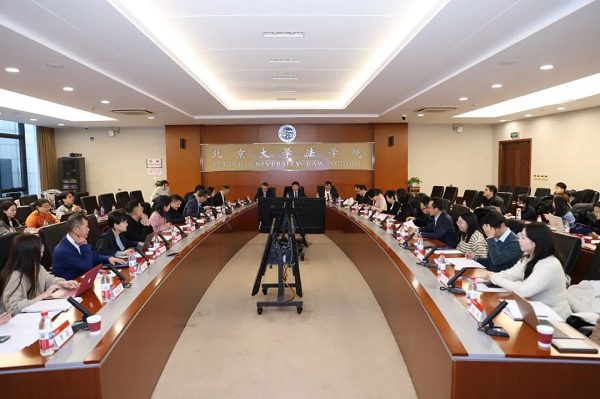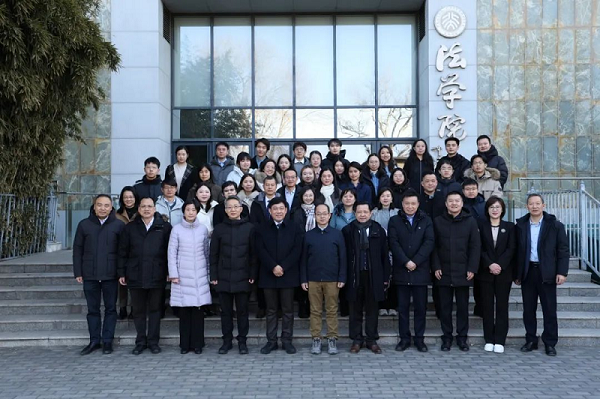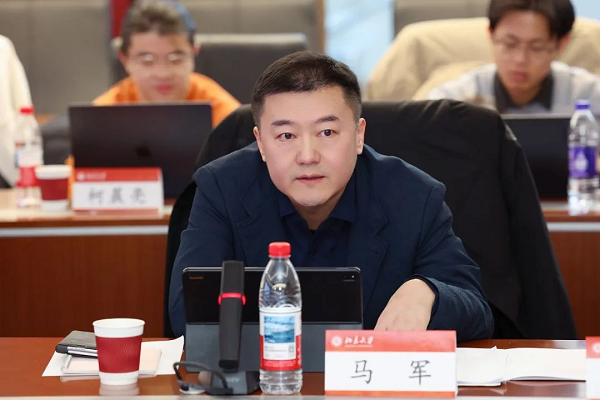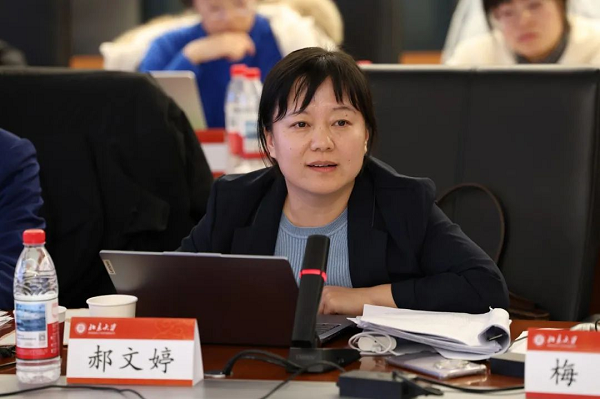

A seminar on the Hague Jurisdiction Convention was recently held at the Peking University Law School. Organized by the Research Center for Foreign-Related Rule of Law of Peking University and the School of International Law of the East China University of Political Science and Law, the meeting gathered over 40 theoretical and practical experts and scholars from institutions including the Supreme People's Court and the Ministry of Foreign Affairs, as well as universities including Peking University, Renmin University of China, and China University of Political Science and Law. Ma Jun, chief judge of the Beijing International Commercial Tribunal (BICT), and Hao Wenting, a judge at the BICT, gave presentations at the event.

Ma, using typical cases of parallel proceedings, spoke on issues such as the need for the convention in judicial practices, systematic thinking and building of communication mechanisms, denial of justice and strategic litigation. Hao shared insights on the specific provisions of the convention regarding jurisdiction and the identification of connecting factors.
The Hague Jurisdiction Convention, as an important part of the jurisdiction and judgments section of the Hague Conference on Private International Law, represents another attempt by the international community to deepen international judicial exchange and cooperation following the 2005 Hague Convention on Choice of Court Agreements and the 2019 Hague Convention on the Recognition and Enforcement of Foreign Judgements in Civil or Commercial Matters.
The convention is expected to effectively mitigate conflicts of jurisdiction in international civil and commercial matters and enhance the predictability in resolution of international civil and commercial disputes.
The BICT will make further efforts to recommend professionals in foreign-related adjudication to participate in high-level academic seminars both domestically and internationally to advance the development of the rule of law related to foreign affairs.


The new court was set up as a division under the Beijing No 4 Intermediate People's Court, as the intermediate court has specialized in handling capital-related commercial disputes involving overseas litigants since 2018...